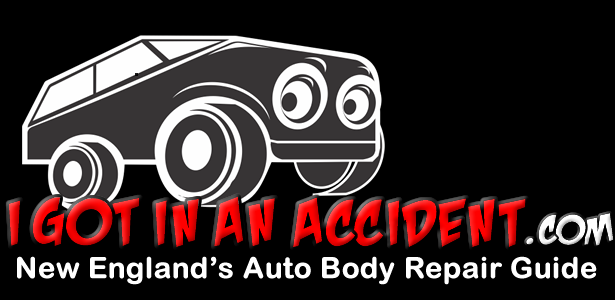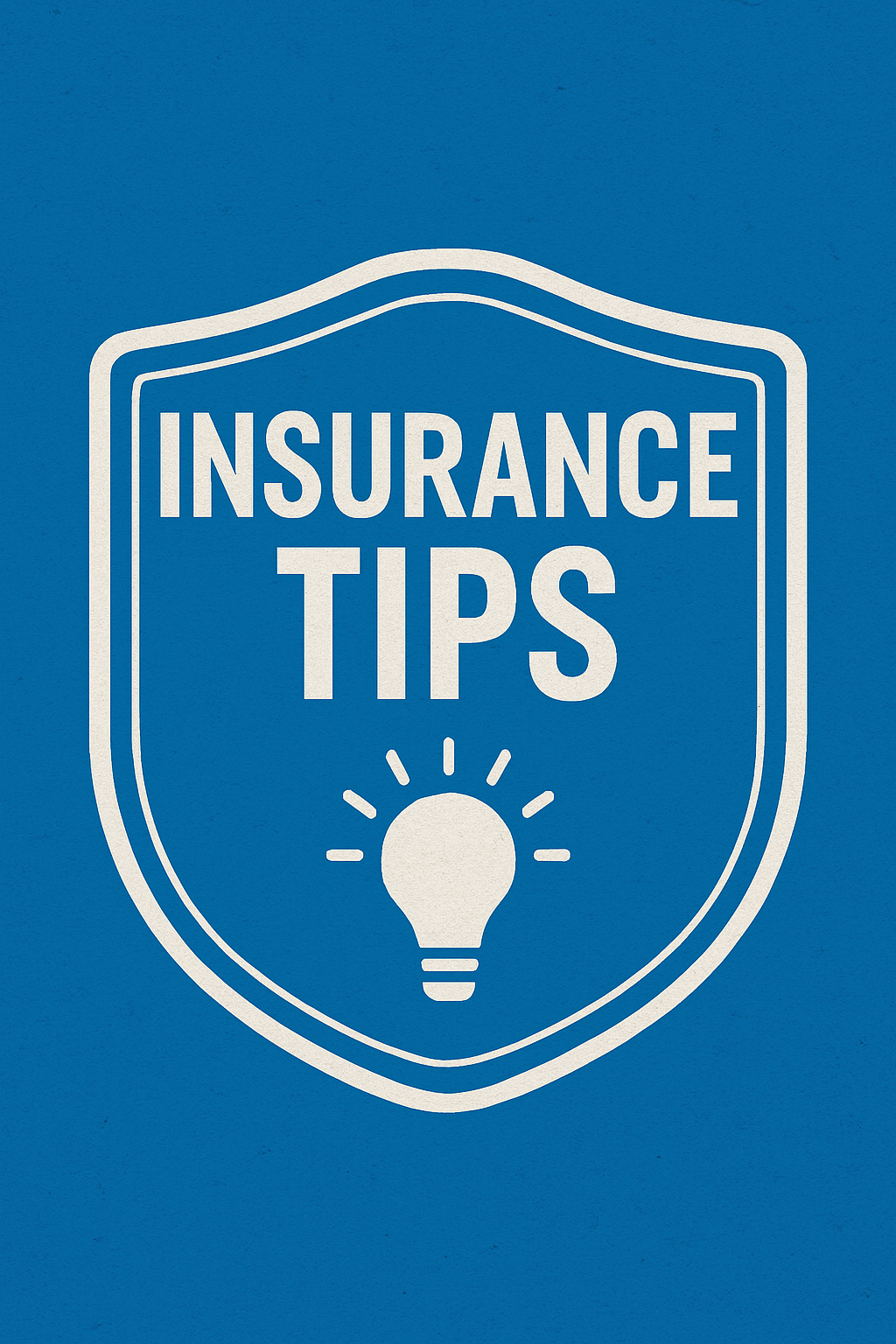Insurance Tips After a Car Accident
What to Do, What to Avoid, and How to Protect Your Claim
Getting into a car accident is stressful enough — dealing with insurance shouldn’t make it worse. Whether it’s a minor fender bender or a major collision, knowing how to handle the insurance process can save you time, money, and frustration.
Here are some essential insurance tips to keep in mind immediately after an accident:
1. Call the Police and Get a Report
Even if the accident seems minor, always file a police report. It's one of the strongest pieces of evidence you’ll have when filing a claim. Make sure you get a copy or at least the report number for reference.
2. Document Everything
Use your phone to take photos of all vehicles, damage, license plates, and the surrounding scene. If there are injuries, damaged property, skid marks, or road signs, capture those too. The more visual documentation, the better.
3. Exchange Information (But Keep It Professional)
Swap details with the other driver:
Full name and contact info
Insurance company and policy number
Driver’s license and plate number
Vehicle make, model, and color
Avoid discussing fault — even saying “I’m sorry” can be used against you.
4. Report the Claim Promptly
Call your insurance provider as soon as possible. Some companies offer mobile apps to upload photos and submit claims quickly. Delaying this step can affect your coverage eligibility.
5. Don’t Accept Quick Cash Settlements
Some at-fault drivers may offer cash to avoid reporting to insurance. This is risky. You might discover more damage or medical issues later, and without a formal claim, you have no protection.
6. Seek Medical Attention — Even if You Feel Fine
Injuries like whiplash or soft tissue trauma can take hours or days to appear. Getting a medical evaluation right away helps your health and provides documentation for injury claims.
7. Understand Your Coverage
Not all insurance is the same. Know the difference between:
Collision vs. Liability
Medical Payments (MedPay) vs. Personal Injury Protection (PIP)
Diminished Value Claims (you may be entitled to compensation for the loss in your vehicle’s resale value, even after repairs)
8. Be Cautious Talking to the Other Insurance Company
If the other party’s insurer contacts you, you are not obligated to give a recorded statement without guidance. Stick to the facts and consult with an attorney if needed — especially in injury cases.
9. Choose a Trusted Repair Center
You have the right to select where your vehicle is repaired. Don’t let your insurer pressure you into using a shop you don’t know. Look for a certified collision center that works with all insurers and guarantees their repairs.
10. Keep Records of Everything
Save receipts, towing bills, rental car invoices, repair estimates, and medical bills. These documents support your claim and help ensure full reimbursement.
Final Thought: Be Proactive, Not Passive
Navigating the insurance process doesn’t have to be overwhelming. By taking the right steps early on, you protect yourself from common pitfalls and make sure you’re treated fairly — whether it’s for repairs, medical costs, or lost value.
IGOTINANACCIDENT.com is here to help you.

